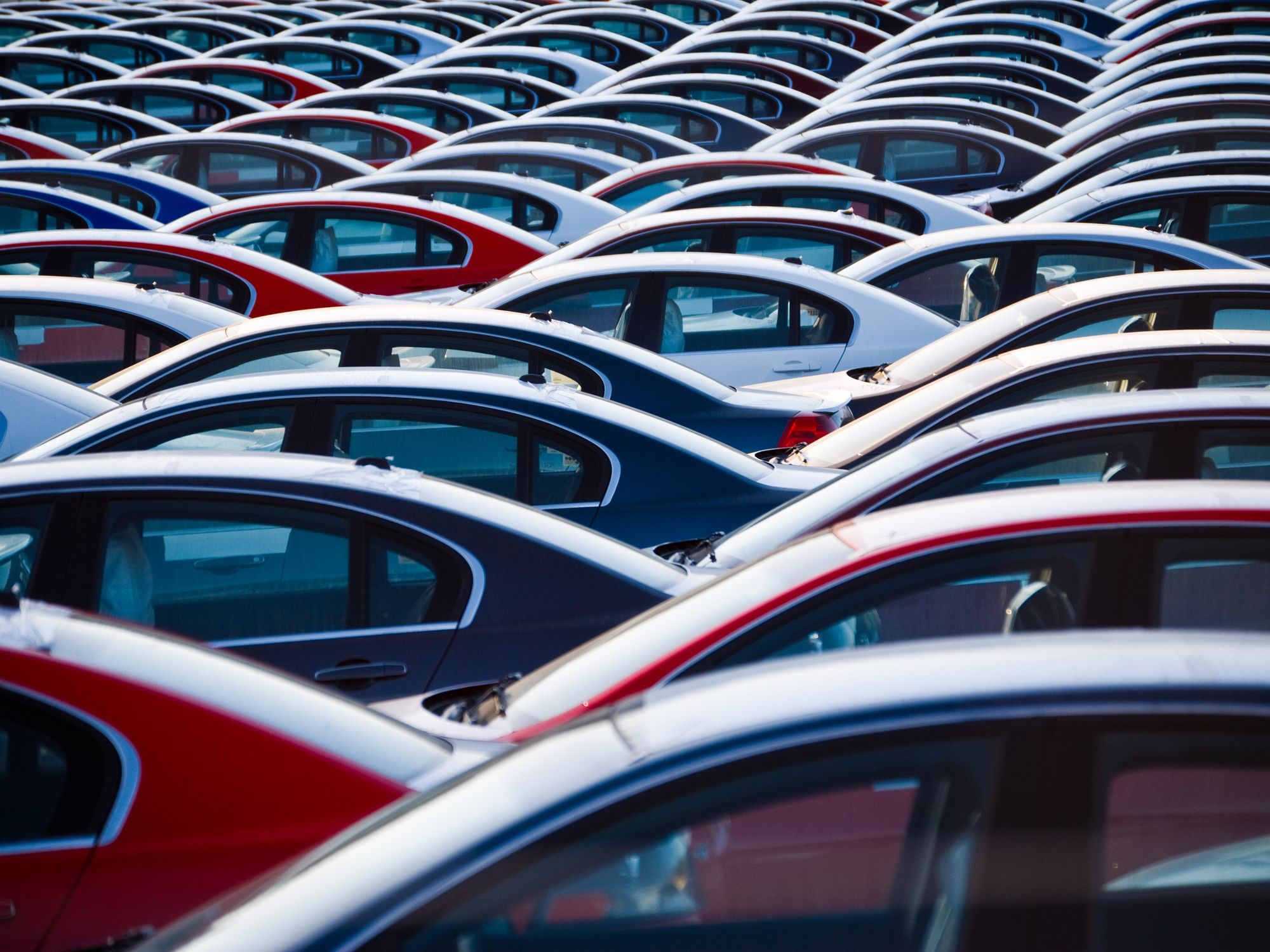WATCH: Rachel Reeves says she will continue to support the purchasing of electric vehicles
GB NEWS
Transport Secretary Heidi Alexander responded to questions from MPs on the Zero Emission Vehicle mandate
Don't Miss
Most Read
Trending on GB News
Labour has revealed it will keep the VAT rates for public electric car charging "under review" following outcries from the automotive sector.
Currently, electric vehicle owners who charge at home pay just five per cent VAT to charge their car, while those relying on public charging points face the standard 20 per cent rate.
The issue was raised in the House of Commons this week by Liberal Democrat MP Paul Kohler, who argued that the current system creates inequality between different types of EV users.
Kohler suggested that lowering public charging VAT to match home charging rates would help boost demand for electric vehicles at a critical time for the UK automotive industry.
Do you have a story you'd like to share? Get in touch by emailingmotoring@gbnews.uk

Electric cars are subject to a 20 per cent VAT rate at public charging points
PA/GETTY/X/DVLA
In response, Transport Secretary Heidi Alexander said the Government "does keep the VAT variation between public and private charging under review". She noted that the 20 per cent standard rate applied to public charge points "applies to most goods and services, with very few exemptions".
She failed to commit to reducing the rate, instead highlighting alternative measures to make public charging more affordable.
"We're investing £380million to roll out overnight charges, which are cheaper and will be installed to help those without a driveway charge overnight," Alexander told MPs.
The Government's approach comes amid challenges facing the UK automotive sector, including recently announced 25 per cent US tariffs on UK automotive exports worth around £8billion.
Shadow Transport Secretary Conservative MP Gareth Bacon criticised Labour's handling of the transition to electric vehicles, claiming the Government was "simply trying to clear up the uncertainty they themselves have contributed to".
However, Alexander defended the Government's position, stating they were "acting where his Government failed" and "giving certainty to businesses". She also highlighted the £2billion Automotive Transformation Fund aimed at building battery gigafactories and supporting the EV supply chain.
Other measures raised during the debate included calls to reduce the current Benefit-in-Kind (BiK) tax rates for company cars, which play a significant role in electric vehicle adoption across the UK.
Industry groups have previously warned against raising BiK rates too quickly, arguing it could undermine efforts to increase electric vehicle adoption during this critical transition period.
Most Read
The Liberal Democrats have suggested that, alongside improving the charging network, equalising VAT rates between public and private charging would remove a significant barrier.
This would particularly benefit those without access to home charging facilities, who are currently paying 15 per cent more in tax than those who can charge at home.
The Government's focus appears to be on alternative solutions rather than VAT changes, with Alexander emphasising investment in overnight charging infrastructure, which could lower costs for drivers.
Alexander added: "We're giving certainty to businesses. We're protecting jobs in a critical industry, cutting carbon and fostering a competitive market to benefit consumers."
LATEST DEVELOPMENTS:
- Highway Code changes added today could impact millions of motorists after launch of new driving laws
- Motorists with certain medical conditions risk prosecution and insurance issues for breaking DVLA rules
- Iconic British brand MOKE opens new UK production facility with electric car launch for 60th anniversary

There are now more than 76,000 public charging points around the UK
PAThe Transport Secretary noted how there has been a surcharge in electric vehicle sales in the past year, with demand going up 40 per cent between February and March.















